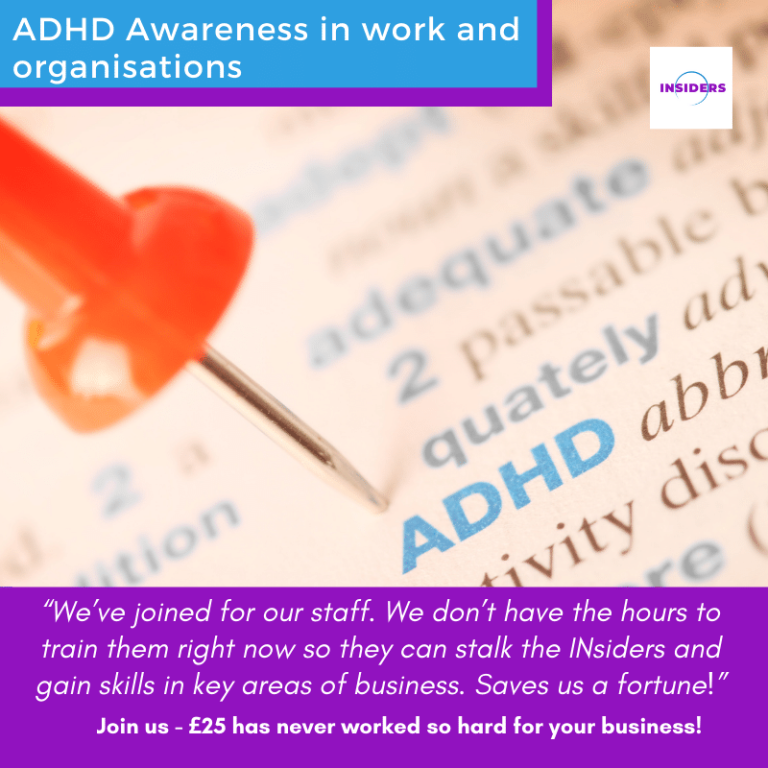The Link Between Physical Health and Emotions: Building Emotional Resilience
Clare Bradley, The Anger Management Coach shares this fascinating read on emotional resilience and the impact to mental and emotional well-being, essential for any business owner, professional or leader.
Understanding the connection between physical health and emotions is crucial for building emotional resilience, a key component of overall mental and emotional well-being. Our physical health directly influences our emotional state, and vice versa, creating a dynamic interplay that can either bolster or undermine our resilience. Additionally, certain medications may have side effects such as increased aggression or agitation, further complicating our emotional landscape. Managing health challenges and understanding medication side effects can empower individuals to maintain a balanced emotional state.
Connection Between Health and Emotions
Physical Health and Emotions
Physical health and emotions are deeply intertwined, with each influencing the other in profound ways. Regular physical activity, for instance, has been shown to release endorphins, which are chemicals in the brain that act as natural painkillers and mood elevators. Conversely, physical ailments such as chronic pain or illness can lead to emotional distress, anxiety, and depression. Nutrition also plays a significant role; a balanced diet can improve mood and energy levels, while poor nutrition can contribute to feelings of fatigue and irritability. Understanding this connection helps individuals recognise the importance of maintaining physical health to support emotional resilience. By prioritising activities that promote physical well-being, such as exercise, adequate sleep, and proper nutrition, individuals can create a strong foundation for managing their emotional health effectively.
Mental Health’s Role
Mental health plays a crucial role in shaping our emotional resilience. Conditions such as depression, anxiety, and bipolar disorder can significantly impact how we manage stress, interact with others, and perceive the world around us. When mental health is compromised, even minor setbacks can feel overwhelming, making it challenging to maintain emotional balance. Conversely, a stable mental state can enhance our ability to cope with life’s challenges, promoting a more positive outlook and greater emotional stability. Therapy, coaching, mindfulness practices, and stress management techniques are effective strategies to support mental health. By proactively addressing mental health issues and seeking professional help when needed, individuals can strengthen their emotional resilience, enabling them to navigate life’s ups and downs with greater ease and confidence.
Emotional Resilience Basics
Emotional resilience refers to the ability to adapt to stressful situations and bounce back from adversity. It involves being able to handle challenges, maintain a positive outlook, and recover quickly from setbacks. Key components of emotional resilience include self-awareness, the ability to manage emotions, and strong interpersonal relationships. Developing emotional resilience starts with recognising and understanding your emotions, which can be achieved through mindfulness practices and self-reflection. Building a support network of friends, family, or professionals also provides a safety net during tough times. Additionally, maintaining physical health through regular exercise and good nutrition can strengthen emotional resilience. By focusing on these basics, individuals can cultivate a more resilient mindset, enabling them to face life’s challenges with greater confidence and stability.
Managing Health Challenges
Practical Strategies for Balance
Balancing physical health and emotional well-being requires a multifaceted approach. First, maintaining a routine that includes regular physical activity, adequate sleep, and a balanced diet can enhance both physical and emotional health. Exercise is known for its mood-boosting effects due to the release of endorphins. Second, mindfulness practices such as meditation and deep-breathing exercises can help manage stress and improve emotional resilience. Third, keeping an open line of communication with healthcare providers about medication side effects is essential. They can adjust dosages or recommend alternative treatments that better suit your emotional needs. Lastly, building a strong support network of friends, family, or mental health professionals can provide emotional stability during challenging times. By integrating these strategies, individuals can create a holistic plan to manage health challenges while maintaining a balanced emotional state.
Mindfulness and Emotional Resilience
Mindfulness is a powerful tool for enhancing emotional resilience. By focusing on the present moment, mindfulness practices help individuals become more aware of their thoughts and emotions without judgment. This heightened awareness allows for better emotional regulation and reduces the tendency to become overwhelmed by stress. Techniques such as meditation, deep-breathing exercises, and mindful walking can be easily integrated into daily routines. For example, spending just 10 minutes a day on mindful breathing can significantly lower stress levels and improve mood. Additionally, mindfulness can enhance self-awareness, helping individuals understand their emotional triggers and develop healthier coping mechanisms. Over time, these practices build emotional resilience, enabling individuals to navigate health challenges with a calmer and more balanced mindset. Incorporating mindfulness into your daily life can create a solid foundation for both mental and emotional well-being.
Tailoring Approaches to Individual Needs
Every individual’s health journey is unique, making it essential to tailor approaches to their specific needs. Personalising strategies begins with a thorough understanding of your physical and emotional conditions. Consulting healthcare providers for personalised advice on managing medication side effects and health challenges is a crucial first step. Additionally, some may find that certain forms of exercise or dietary adjustments work better for them than others. Mindfulness practices, too, can be customised; while some may benefit from traditional meditation, others might find activities like yoga or tai chi more effective. Emotional support should also be personalised—some might prefer one-on-one therapy, while others thrive in group settings. Flexibility in these approaches ensures that individuals can find the right balance to support their emotional resilience and overall well-being. By acknowledging and addressing individual differences, a more effective and sustainable health management plan can be developed.
Building Emotional Resilience
Techniques for Daily Practice
Building emotional resilience is an ongoing process that benefits from daily practice of specific techniques. One effective method is journaling, which allows individuals to express and reflect on their emotions, helping to identify patterns and triggers. Another useful practice is setting aside time for gratitude exercises, where one lists things, they are thankful for each day. This can shift focus from negative to positive experiences. Incorporating physical activity, even in small doses like a daily walk or stretching routine, can also boost mood and reduce stress. Mindfulness and meditation, even for just five minutes a day, can significantly improve emotional regulation. Lastly, practicing self-compassion by treating oneself with kindness during difficult times can foster resilience. By integrating these techniques into daily routines, individuals can enhance their emotional resilience, making it easier to cope with stress and bounce back from adversity.
Long-Term Strategies
Long-term strategies for building emotional resilience involve sustained efforts and lifestyle changes. Establishing a consistent routine that includes regular physical activity, balanced nutrition, and adequate sleep lays the groundwork for emotional stability. Engaging in ongoing learning, such as attending workshops or reading about emotional resilience, can provide new tools and insights over time. Building and maintaining strong relationships is also crucial, as a supportive social network acts as a buffer during stressful times. Regularly practicing mindfulness and meditation can offer lasting benefits, helping individuals stay centered and present. Additionally, setting long-term goals and breaking them into manageable steps can foster a sense of purpose and achievement, enhancing emotional resilience. Therapy or counseling can provide ongoing support and guidance, helping individuals navigate life’s challenges more effectively. By committing to these long-term strategies, individuals can cultivate a resilient mindset that supports enduring mental and emotional well-being.
Achieving Mental and Emotional Well-being
Resources and Support Networks
Access to resources and support networks is vital for achieving mental and emotional well-being. Professional resources, such as coaches and counsellors, provide expert guidance and personalised strategies for emotional resilience. Support groups, both in-person and online, offer a sense of community and shared experience, helping individuals feel less isolated in their struggles. Educational resources, including books, podcasts, and workshops, can equip individuals with knowledge and tools to manage their mental health effectively. Additionally, mobile apps focused on mindfulness, meditation, and stress management can be convenient tools for daily practice. Building a network of trusted friends and family members who offer emotional support is equally important. These connections provide a safety net during challenging times and celebrate successes along the journey. Utilising a combination of these resources and networks creates a comprehensive support system, fostering sustained mental and emotional well-being.




